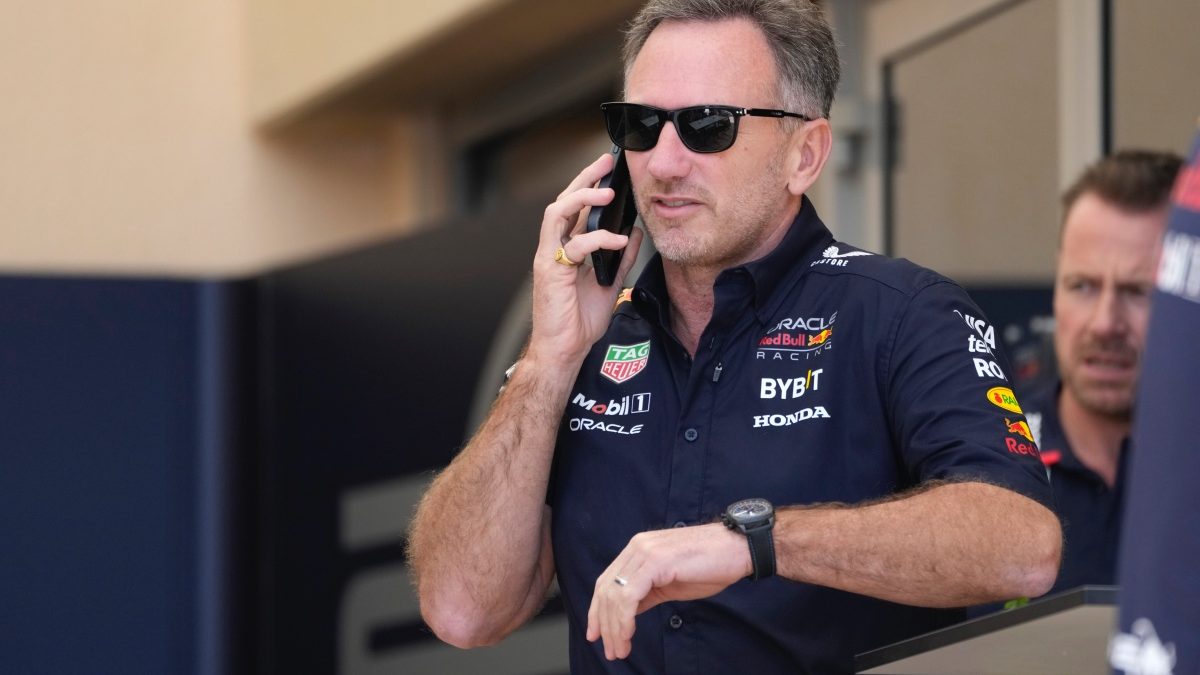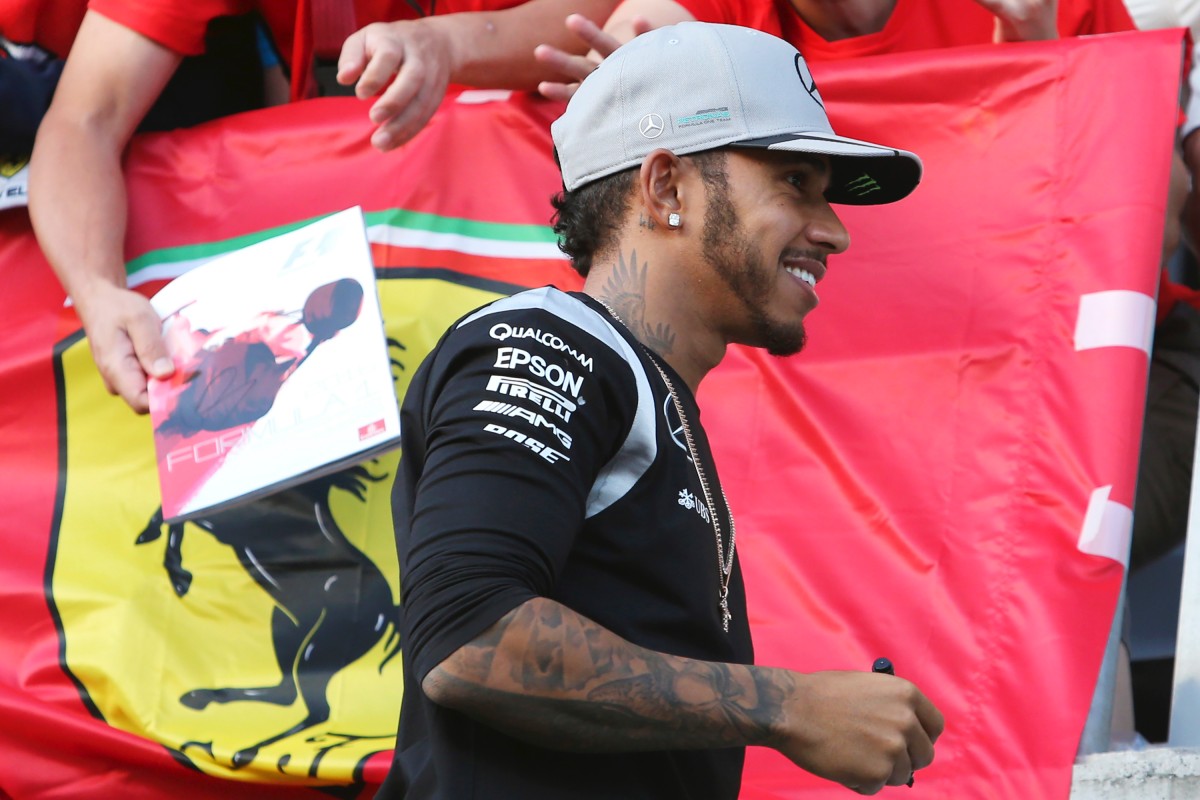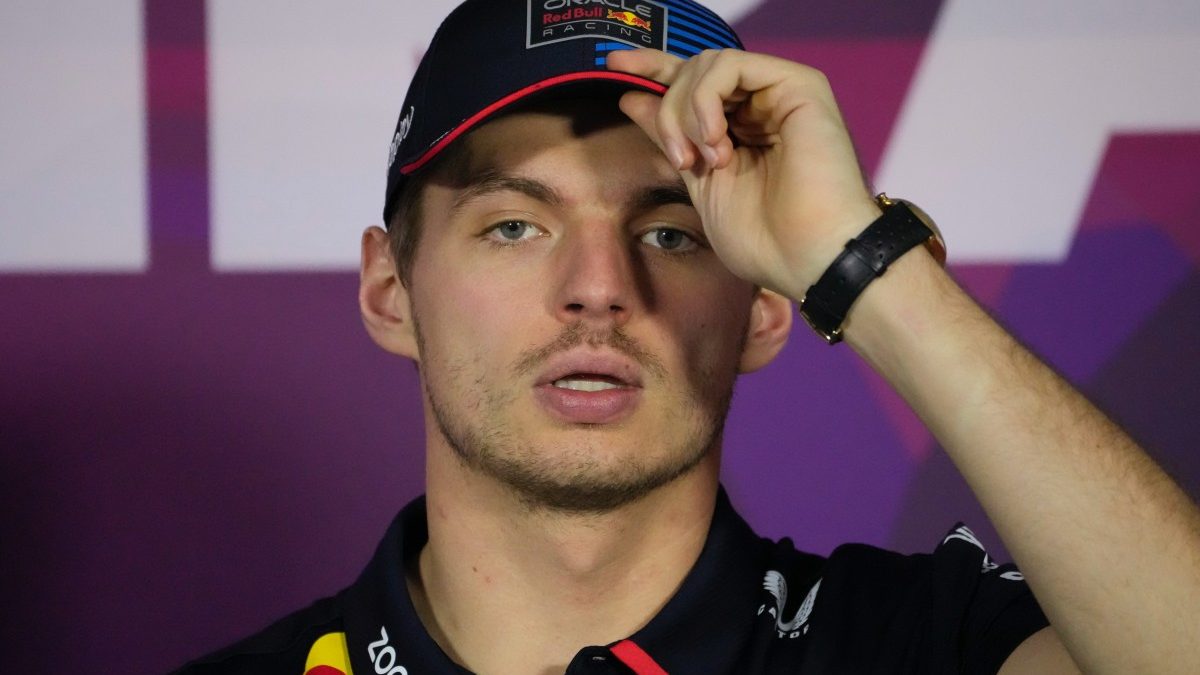Nico Rosberg and Lewis Hamilton may have mended relations after their Monaco Grand Prix falling out, but tensions between the title-contending Mercedes team-mates once again flared in yesterday’s Hungarian Grand Prix.
Though not as heated as their Monaco Grand Prix spat – at least publicly – their latest round of bickering seems to have once again opened a new front in their battle for motor-racing’s top prize.
The latest chapter in the Hamilton versus Rosberg saga, the dominant storyline in a season in which the two drivers are the only real contenders for the championship, centers on team orders.
With a 24 laps of the race to go, Mercedes radioed Hamilton to ask him to let Rosberg, who was on a different strategy, through so he could run his race.
Hamilton, locked in contention for the championship with the German, knew that would give his title rival a chance of beating him to the flag and refused.
“I’m not letting him past me, if he gets close enough to overtake he can overtake,” Hamilton responded to the instruction, with Rosberg sitting in the turbulent air coming off his team-mate’s Mercedes getting increasingly frustrated.
To their credit, all season long Mercedes have allowed their drivers to race each other no-holds-barred, even when it has perhaps made for uncomfortable viewing from the pitwall as it most certainly did in Bahrain for instance.
So why then did the team ask Hamilton to move over in Hungary? Mercedes’ call to Hamilton wasn’t a case of them favouring Rosberg as a number one driver over the Briton.
It wasn’t a team order to give up position as it was in the case of Fernando Alonso and Felipe Massa in the 2010 German Grand Prix, or Michael Schumacher and Rubens Barrichello in the Austrian Grand Prix in 2002.
The call came because the two drivers were on different strategies: Hamilton on a two-stop strategy and Rosberg on a three stop plan. Generally, the more pitstops you do the quicker the pace at which you are able to run thanks to your fresher tyres. But, for the strategy to work, it is vital to harness that speed you have in hand to make up for the extra time lost in the pits.
And so it was crucial to Rosberg’s race to not be held up by his team-mate. It’s not uncommon for teams to ask a driver to move over for their team-mate if the drivers are on different strategies. There are several examples in the past where this has happened, for instance when Red Bull asked Sebastian Vettel to let Daniel Ricciardo through in Bahrain and China earlier this year.
The way it generally plays out is that the driver who has dropped a position by letting his team-mate through tends to gain it back when the sister car pits. But having said that, Mercedes also felt Rosberg on his three stop strategy represented their best chance of scoring a maximum result.
Yes, he would have fallen behind Hamilton once again when he pitted, but the reasoning was that had Hamilton let him past he would have been further up the road when he made his final stop and so could have caught the leaders earlier, leaving him more number of laps to overtake them.
His chances of winning the race would have been boosted, but even if he didn’t manage to pull off the win, he would at least have finished higher than where he did.
That would have given Mercedes a better overall result than a third and a fourth in a race that the dominant team, for the first time this season, was fighting off the back foot and not controlling from the front.
COULD ROSBERG HAVE WON THE RACE?
On paper, yes, but it was always going to be a long shot and extremely unlikely. At the time Mercedes asked Hamilton to make way for Rosberg, the German was about 18-20 seconds behind Ricciardo. With both due in the pits one last time, the gap between the two would have stayed largely the same following their final stops.
In fact, on lap 61, three laps after his stop, Rosberg – who had dropped into the Bottas, Massa, Raikkonen pack – trailed Ricciardo by 22 seconds. From the way the race played out it seemed Mercedes’ hopes of beating Ricciardo rested on the Australian getting caught up behind the two-stopping leading pair.
Alonso and Hamilton were on worn tyres and, with Ricciardo on his fresher tyres boxed in behind them, Rosberg began pulling the trio in at about three seconds a slap. But Ricciardo found a way past and began pulling away from Hamilton and Alonso before Rosberg caught the train up.
Had Hamilton let him through he probably would have caught the train up sooner but that’s no guarantee that he would have been able to pass the Red Bull. The Hungaroring is notoriously difficult to overtake on and earlier in the race we saw both Rosberg and Hamilton struggle to find their way past Jean-Eric Vergne and Sebastian Vettel respectively.
With enough number of laps in hand Rosberg probably would have found his way past Hamilton and Alonso. But seeing how Ricciardo on his fresher tyres was stuck behind the leading pair for several laps, it’s unlikely he could have overtaken the Red Bull lapping on evenly-matched tyres.
Also, if he was to win the race, Rosberg would have had pass Hamilton a second time. Even if the Briton had let his team-mate through before his final stop there was no way the German would have built enough of a cushion to come out ahead.
With the two locked in a close championship battle and Hamilton desperately needing to recover from his run of misfortune to close down Rosberg’s lead in the standings, there was no way that he was going to make it easy for his title rival to get past. And this is where it gets interesting.
With the team believing Rosberg could win the race for them, were they banking on Rosberg’s fresher rubber getting him past Hamilton without too much trouble? Or would they have instructed Hamilton a second time to let him through so they could achieve a maximum team result at the cost of the former world champion’s own personal title prospects?
As it happened, with Rosberg only making a lunge on Hamilton on the final lap, the instruction wasn’t needed. But given his refusal to move over earlier, it’s unlikely the team would have asked him to do so again.
WAS HAMILTON RIGHT TO IGNORE THE INSTRUCTION?
Absolutely. Hamilton knew that had he let Rosberg past when asked to, the German would have dropped back behind him when he pitted, but then would have closed up to him with more laps in hand and more opportunities to get past.
“You know, I was in the same race as him,” Hamilton told reporters after the race. “Just because he had one more stop than me doesn’t mean I wasn’t in the same race as him.
“And naturally if I’d have let him past, he would have had the opportunity to pull away and when he does pit, he’s going to come back and overtake me, so I was very, very shocked that the team would ask me to do that, to be able to better his position.”
Mercedes were obviously looking at securing the best result for the team overall. Contrary to the backlash on social media there was no conspiracy involved to favour Rosberg for the championship over Hamilton.
The interests of the team must always come first but in this instance Mercedes should have let the drivers’ championship take precedence. The constructors’ championship hasn’t been settled mathematically yet but for all intents and purposes has already been sewn up with a Mercedes driver winning nine of the eleven races so far this season.
Following the race, team chiefs admitted that the call to Hamilton was born out of the situation the team found themselves in – on the back foot and racing in the midfield.
“Why the call came, this happened out of the panic and we had to make up for what we were losing,” the team’s chairman Niki Lauda said.
“I do understand that Lewis said ‘Why? Why should I stop now in the middle of the circuit to let my team colleague by?’ He is fighting for the championship," the famously outspoken Austrian triple champion said.
“From my point of view, Lewis was right. The call was unnecessary, afterwards, but it was made. Lewis ignored it and finished third, so looking backwards nothing wrong from my point of view.


)




)
)
)
)
)
)
)
)